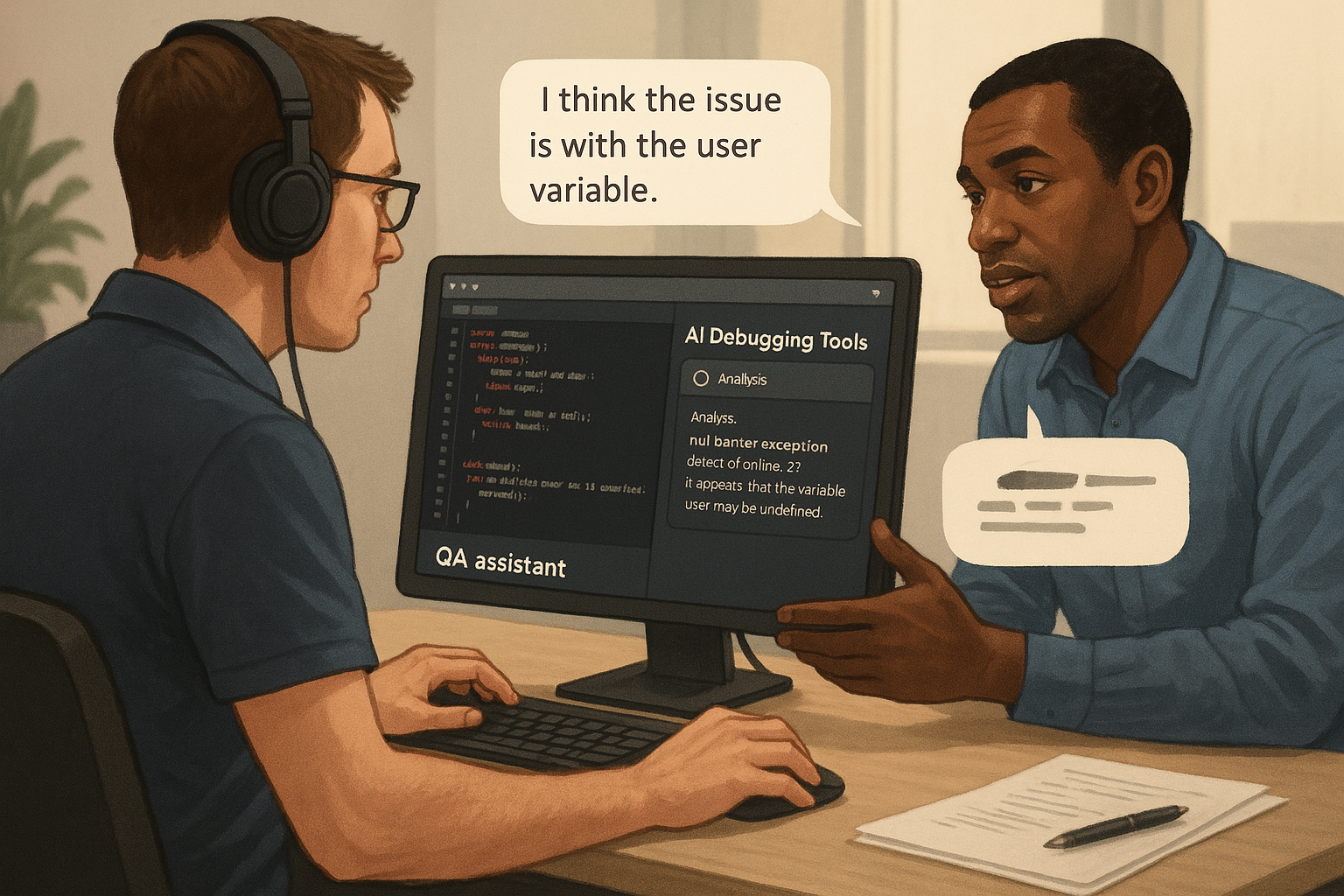The Lost Art of Debugging in QA: Why It’s More Than Just Finding Bugs
Debugging is a key skill for QA professionals, and it’s more than just finding bugs. It’s about identifying root causes, preventing future issues, and collaborating effectively with developers. Learn why manual testing with AI assistance leads to better results and how it complements automation in finding edge cases and complex bugs.










